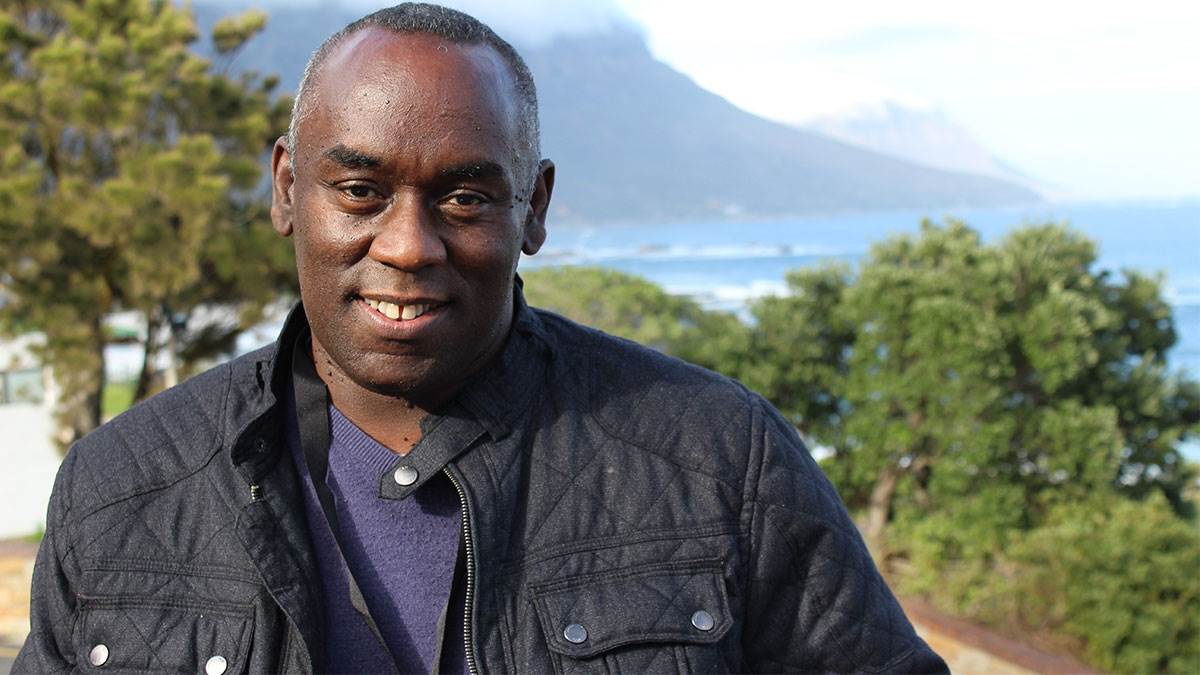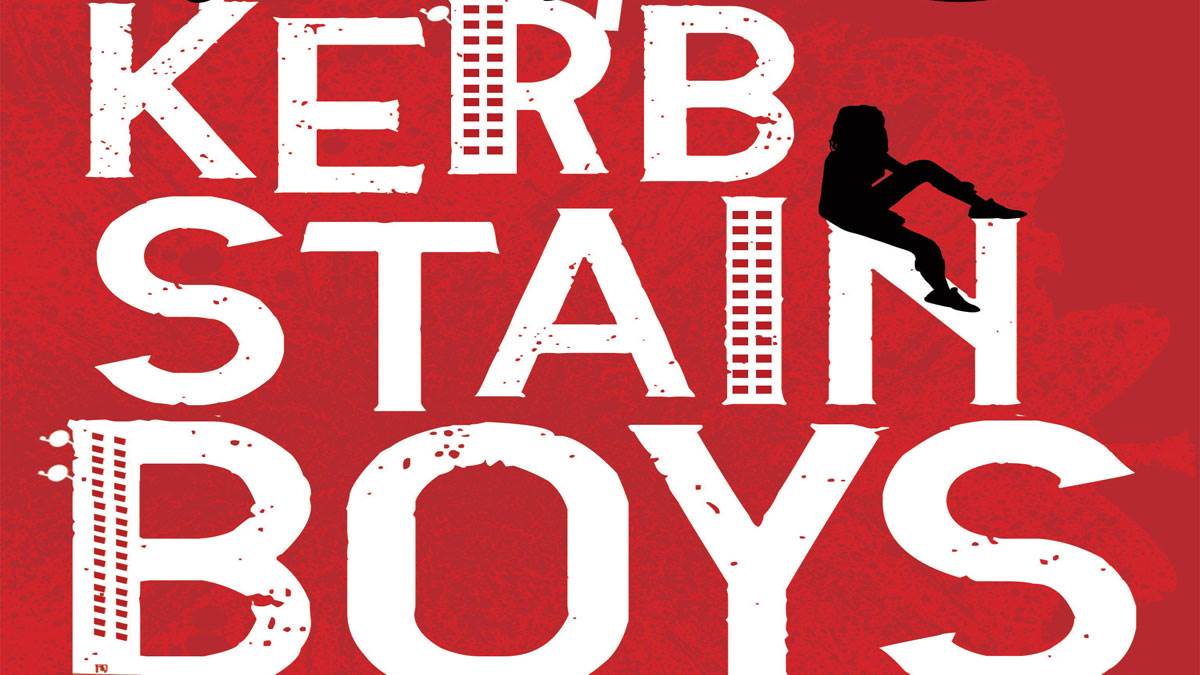Alex Wheatle: What happens when diverse readers see themselves reflected in fiction
Published on: 23 October 2018 Author: Alex Wheatle
Author Alex Wheatle explains why books need to show children and teenagers a world they recognise – and start telling some different stories.

Last year, I visited a girls’ school in south-east London to speak about my Crongton teen series. Before the event, the teachers and staff greeted me warmly with hot beverages and biscuits. The Head of English informed me, as I crunched another custard cream, how students’ English exam results had dramatically improved since they included a set text, Pigeon English by Stephen Kelman. Pigeon English is based in Peckham, south-east London, where many of the pupils who attended the school reside. This confirms to me the absolute need for children of all backgrounds to see themselves reflected in fiction. It offers a sense of recognition and worthiness.
Although I can gain much enjoyment and satisfaction from reading narratives set in different parts of the world, my attention is particularly drawn when that story describes places and people that I can readily recognise. I guess young people are no different in this aspect.
Help readers make choices
In my Crongton series, I attempt to address the issues that young people I know have to confront on a daily basis. Where I live, I’m surrounded by council estates. I know first-hand how young people are exposed to poverty, gang-life and the pressures that mount because of this social decay. Within low-income households, the temptation is always lurking nearby for young people to engage in gang activity.
This was one of my motivations for penning the first in the Crongton series, Liccle Bit. Writers like myself should not shy away from these urban narratives. They are all too real and are as valid as any other narrative out there. I believe it serves young people for the better if they have the opportunity to read about these issues in the safe space of a novel rather than engage it on the street.
In my fiction, I do present moral dilemmas. My characters are forced to make choices for good or for bad. Hopefully, my Crongton series can help young readers form their own choices for the better.
Engage readers with language
For me, it is not sufficient to simply locate my stories in a deprived council estate. I also have to engage readers with the language I employ. I’m not sure how far young adults would delve into my Crongton world if I had my characters speaking dialogue in a BBC newsreader parlance. I fear they would quickly lose interest – it just wouldn’t come across as authentic. To avoid this, I work very hard at fine-tuning the voice of my characters. Liccle Bit was very well received in that regard but as I sat down to write Crongton Knights and Straight Outta Crongton, I refined the language once again. It’s something I’m constantly reinventing.

Kerb Stain Boys, my Crongton novella, is influenced in tone, language and narrative by film noir. The story has two anti-heroes and a femme fatale. I’ve even shaped, bent and manipulated some classic film noir phrases into the dialogue of my characters. Hopefully, it drives the narrative along and keeps the reading fresh. I like to be unique in my writing. If anyone opens an Alex Wheatle Crongton book, even if they don’t enjoy it, I want them to say, 'that was a distinctive reading experience'.
In my understanding, young people always want to be presented with something fresh and innovative in all the art forms. The world would be a very boring place if we were still being entertained by a tramp wearing baggy trousers, oversize shoes, a bowler hat and twirling a cane. Kerb Stain Boys is probably my most ambitious work to date and I like to describe it as teen-noir.
Discover the unfamiliar, too
For me, true reading diversity is about readers discovering stories and narratives that they may be unfamiliar with. I can only offer my work, which is informed by my many life experiences and observations.
Of course, as I mentioned above, we do find comfort in engaging with stories that are close to home, but wouldn’t it be a great reading world if all regions, races, creeds and classes were represented so we could learn about them all?
Then, any child could walk into their school library and not only find a story where they could see themselves reflected, but also discover a story where all their classmates’ experiences are mirrored, too.
Alex Wheatle: Without libraries I would have never become a writer
Topics: Writing, Everyday life, Diversity (BAME), Features






Add a comment